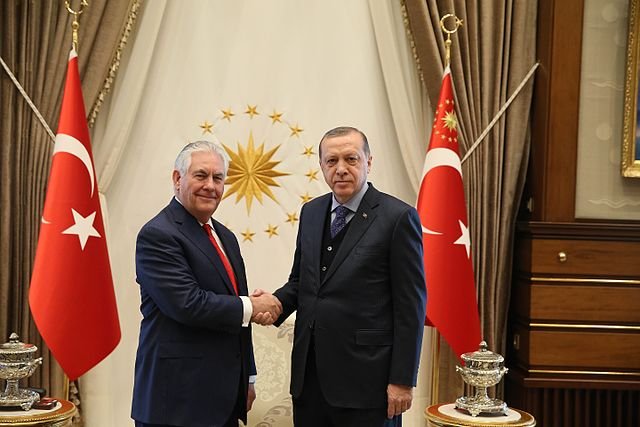| View this email in your web browser. |
| ICTJ World Report July 2017 |
|
| Copyright 2011 International Center for Transitional Justice | Unsubcribe from this newsletter. |
| You are receiving this email because you subscribed to our mailing list. ICTJ | 40 Fulton Street, Floor 20 | New York, NY USA 10038 | Tel: +1 917 637 3800 |











